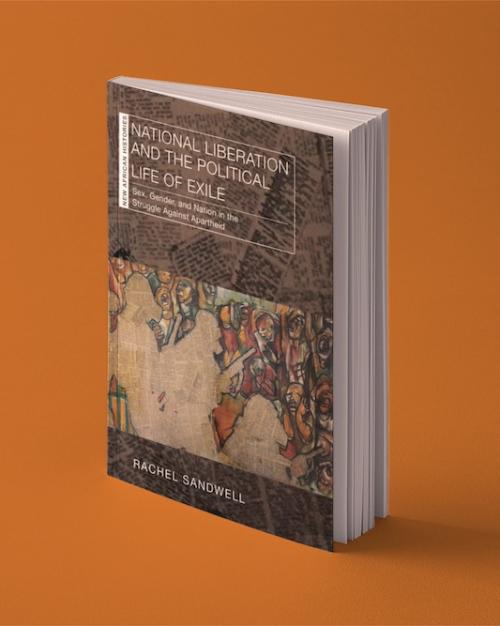As we move into November, our weekly blog posts will shift in focus. This month, our theme is "Academic and Residential Life at Cornell." Samantha Briggs '16 starts us off by explaining how the College of Arts and Sciences' unique set of distribution requirements allows students to explore subjects they never would have considered otherwise!
By: Samantha Briggs '16
As students in the College of Arts and Sciences, we must fulfill a series of distribution requirements in order to complete our Bachelor’s of Arts degrees. These requirements ensure that each student receives a diversified and well-rounded education, and there are a myriad of reasons to be thankful for that. But first things first, what are they? Unlike other universities that have a core curriculum, or a series of specific classes that must be taken for degree completion, Cornell’s College of Arts and Sciences has distribution requirements. So, instead of needing to take very particular courses, each student can choose between a range of courses that fall into categories such as the Physical and Biological Sciences, Cultural Analysis, Historical Analysis and many others. The requirements are often broad and are very diverse: for instance, Arts and Sciences students must take a foreign language; take a course that focuses on a geographic area of the world that is not the United States, Canada, or Europe; take two first-year writing seminars and take several courses that focus on mathematics and the sciences, among others. At first, these requirements can seem like a lot – they did to me! What I learned, however, was that there were many ways to fulfill each requirement and enjoy the process at the same time:
- The Arts Quad is home to many of my classes as an Arts and Sciences student. Goldwin Smith Hall int he background hosts many of the First-Year Writing Seminars.Foreign languages were definitely not my forte in high school, so I was worried about having to study a foreign language here at Cornell, but I placed into an intermediate level French class, so I only had to take one class to fulfill my requirement. And between you and me, it was actually really fun! The class was conversation-based and my professor was very lively and encouraging, so even if my French was initially riddled with mistakes, I improved quickly.
- A 5 on either the AP English Literature exam or AP English Language exam will count toward one of the first-year writing seminars (FWS’s). I had a 5 on both exams so I only had to take one writing seminar, but I actually found that I was sad about that. My FWS was called Shakespeare: Stage and Screen. Throughout the semester, we would read a play, then watch a film adaptation and then compare and contrast the two in classroom discussions and written assignments. To this day, this was one of my favorite classes that I’ve taken at Cornell. Each FWS is capped at seventeen or eighteen students, and they are – for the most part – filled with only freshman students. First-year seminars are a fantastic way to ease into college-level courses, with the added comfort of being surrounded by other freshmen. Moreover, your writing is quickly elevated to the university level through one-on-one discussions with your professor and peer editing. I almost wished that I had to take another seminar!
- Finally, many of the requirements will be unwittingly filled along with major requirements. I am a double major in History and Government, so, by just taking the classes I wanted to take as part of completing my majors, I filled almost all of my requirements (besides math, science, foreign language, and the writing seminar).
And for all of you prospective students considering coming to Cornell to study the humanities, don’t stress about the math and science requirements; you won’t need to take discrete calculus or relive high school biology (though of course, that would do the trick). The College takes an expansive approach to math and sciences, and a slew of interesting and unique courses can be used to fill these requirements. For science, I took Introduction to Oceanography and the Physics of Musical Sound, and for math, I took Introductory Statistics and Linear Algebra (the real anomaly of my transcript – I took it in my first semester freshman year, during which I came to the realization that I had come to the end of the road in my math studies). With the exception of Linear Algebra, I sincerely enjoyed these classes. They forced me get out of my academic comfort zone without feeling at all burdensome, and offered a refreshing change from my major coursework. And if it weren’t for the distribution requirements, I probably never would have taken them!
Had I not been required to take science classes, I never would have been captivated by Professor Monger’s impassioned discussion of the effect of global warming on our oceans, and I never would have had the privilege of listening to Professor Selby play traditional Irish fiddle music as a demonstration of the physics of waves on a string. Each of these classes truly enhanced my college experience, and the distribution requirements gave me the impetus to enroll in them. So, yes, I love the distribution requirements, and you should, too!




